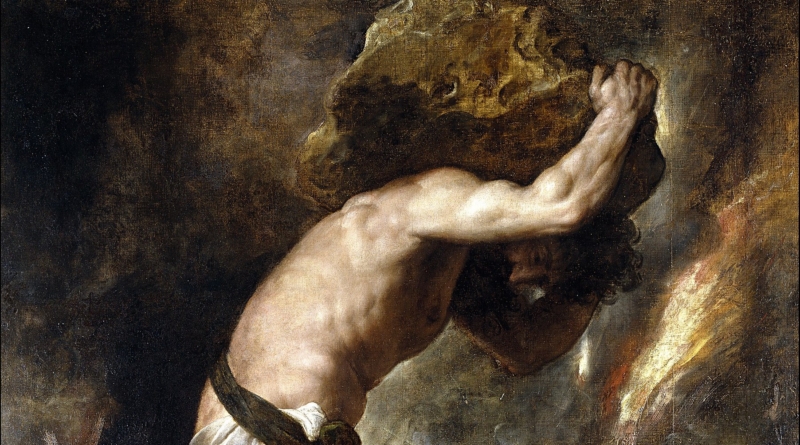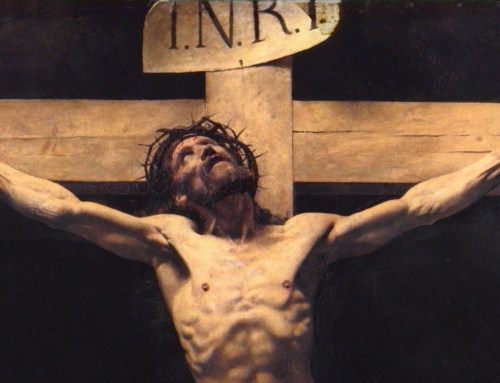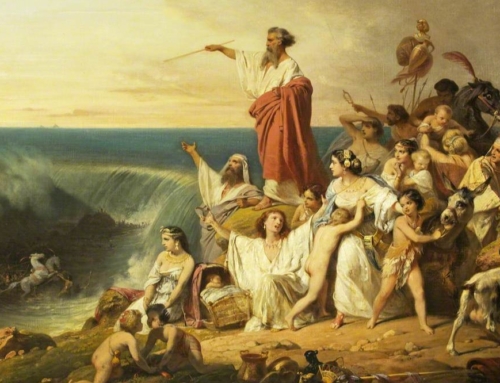There are two competing theories that you will commonly hear regarding God and the trials in our lives. One theory, let’s call it the pious theory, states that God never gives us more than we can handle. He wants to toughen us up, but not to break us. Surely he would never ask martyrdom from anyone unless they had the strength to undergo it. The other theory, we’ll call it the cynical theory, holds that God does in fact give us burdens we cannot bear. Not everybody can handle the demands of the Christian life, just look around. Some Christians apostatize rather than suffer martyrdom.
Both these theories, unfortunately, make the same fundamental mistake about our relationship to God. Both suppose that he makes use only of external pressures to form and transform us, leaving it up to us to conform ourselves to his will. The cynical theory holds that he has no problem exceeding our limits, while the pious theory denies this. But they share the same basic disastrous presumption.
God is not stuck on the outside. Rather, he works on us from the inside out. He does this by giving us the virtue necessary to follow him. Thomas calls these infused virtues because they are not acquired through long practice, but rather infused all at once as a gift of grace. Every Christian who is in a state of grace has these virtues. This infusion of virtue directs us to God, our final end, and overflows into all areas of our lives. We still have our old attachments and bad habits that will make life difficult and will require long work to root out. But all the same, we have the promise of God’s strength where our own strength fails.
Consider again the martyrs. Some of them must have been naturally courageous individuals, like the steely-nerved warriors and statesmen whom the pagans had venerated. But Jesus Christ makes a promise that the pagans could never make. He assures us that even the rest of us, the weak and the fearful, could make the ultimate sacrifice. We can do this because we carry in our soul the grace won for us by the blood of Christ. And this grace overflows into the virtues by which we follow Christ, even to our own cross. Ordinary, weak, and fearful Christians, then, become great by the grace of God.
This does not mean that we have strength for any human challenges that we come across. We will fail in business and personal matters just like everybody else, there is no way around that. Nor does this virtue mean that we will not have to struggle (often painfully) against the root of sin in our lives. It only means that it is possible for us to choose God over sin. Even when following Christ means paying the ultimate sacrifice, we can be given the grace to pay it, through the blood of Christ who paid the price for all of us.
To return to the original question, then, yes, God does indeed give us more than we can handle by ourselves. We are weak and unremarkable humans, and the weight of life may well outstrip our powers. But God promises us that the infusion of grace necessary to follow him will not be wanting to us. There is no temptation too powerful nor obstacle too great. However terrifying the trial, we can entrust ourselves to the promise of Jesus Christ crucified: “My sheep hear my voice, and I know them, and they follow me; and I give them eternal life, and they shall never perish, and no one shall snatch them out of my hand” (John 10:27-28).
✠
Image: Titian, Sisyphus







